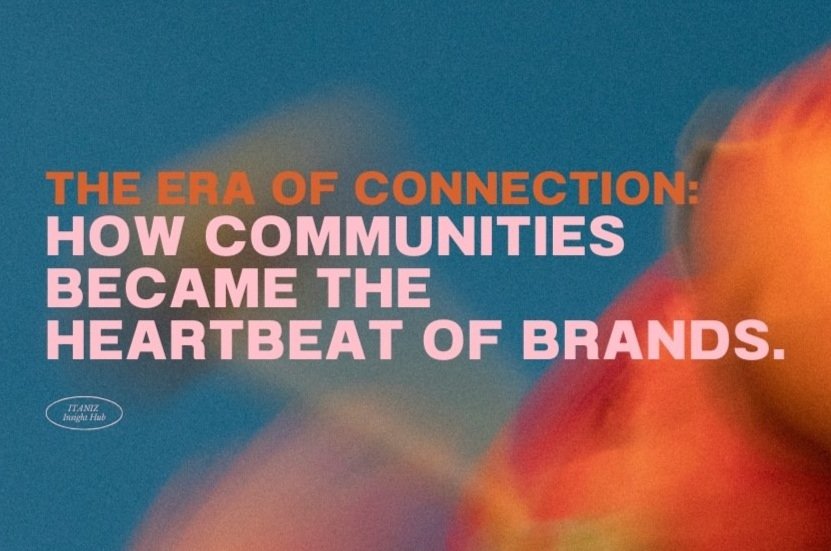Bridging the Gap: How Private Clubs Can Thrive with the Next Generation
In an era defined by rapid technological advancement and shifting societal values, private clubs face a pivotal challenge: how to remain relevant and attractive to the next generation. While the prestige and tradition associated with private clubs have long appealed to older generations, younger demographics, including Millennials and Gen Z, demand more.
The Formation of Private Clubs: A Tradition of Excellence
Private clubs have long held a special place in society. Their history stretches back centuries, serving as exclusive spaces for the elite to gather, socialize, and collaborate. From London’s gentlemen’s clubs of the 18th century to modern yacht clubs, the formation of these institutions was driven by a desire to create a refuge for shared values, cultural exchange, and leisure pursuits. Understanding the origins of private clubs helps us appreciate why they remain so relevant today.
Why Are People Joining Private Clubs?
In today’s fast-paced, hyper-connected world, private clubs are experiencing a resurgence in popularity. While the reasons for joining a private club may have evolved, the essence remains the same: people seek exclusive experiences, meaningful connections, and access to unique amenities.
The Era of Connection: How Communities Became the Heartbeat of Brands
The Era of Connection: How Communities Became the Heartbeat of Brands is an article written by Amirali Zinati in the Itaniz Insight Hub.
Embracing Web3 Marketing: The Power of Community in the Decentralized Internet
web3 Marketing - Community
Unveiling the Dynamics of Traditional Communities and Decentralized Communities
Decentralized Community
The Dynamic Duo: How Brand Managers and Community Managers Drive Modern Marketing Success
collaboration between brand managers and community managers









